Google Glass: 10 use cases for wearable technology
As Virgin Atlantic and the NYPD trial Google Glass, we look at the other potential business uses...
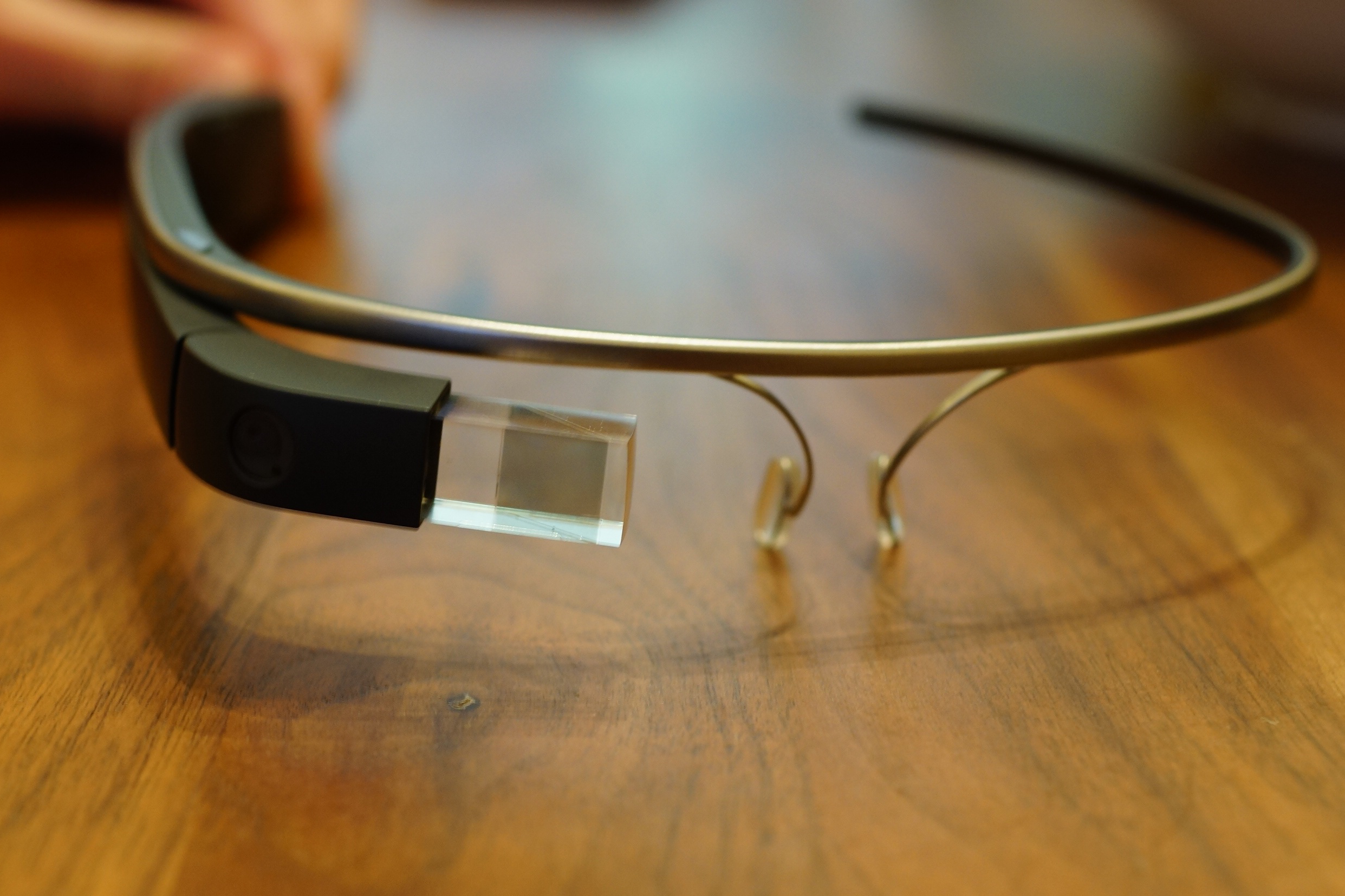
Google has yet to confirm a release date for Glass, but the technology is already being trialed by a variety of industries including airlines, hospitals and police forces.
Having tried the latest version of Glass, we can see the potential of the device. The ability to take photos and video as well as bring up information from the internet via the head-mounted display make Glass a powerful tool. Despite Glass still being in the beta phase, its real-world applications are there for all to see and we take a look at 10 scenarios where it will be a good fit.
Where else will Google Glass be used?
Extreme sports
Language translation
Navigation
Accessibility/help for people with disabilities
Get the ITPro daily newsletter
Sign up today and you will receive a free copy of our Future Focus 2025 report - the leading guidance on AI, cybersecurity and other IT challenges as per 700+ senior executives
Training, repair and inspection
Police and military
Porn
1. Healthcare
Glass can make a huge difference in hospitals to increase the efficiency of staff and accuracy of treatment given to patients.
The camera will play a pivotal role - allowing nurses or doctors to scan barcodes and NFC tags to identify patients, bring up medical records and verify the correct medication and dosage is being applied. Below we can see how SAP envisages Glass could be used in combination with its HANA technology.
Surgeons have already used Glass during operations. Sharing videos via Hangouts allows them to impart knowledge to students and seek real-time assistance from specialists who may be halfway across the world.
During operations, the HUD can also provide important images to surgeons, meaning that they don't have move away from the patient. On the compliance side, recording the surgery can be used to find out why something went wrong during the the procedure, and help settle any complaints.
2. Airports
This week, Virgin Atlantic commenced a six-week trial of Google Glass at Heathrow airport. The airline announced Glass will be used by concierge staff at the Upper Class wing, with the aim of providing a more personalised customer service.
Glass will be used to process check-ins and provide passengers with information about their flight, as well as details of the weather and suggested activities at their destination. It can also aid translation queries.
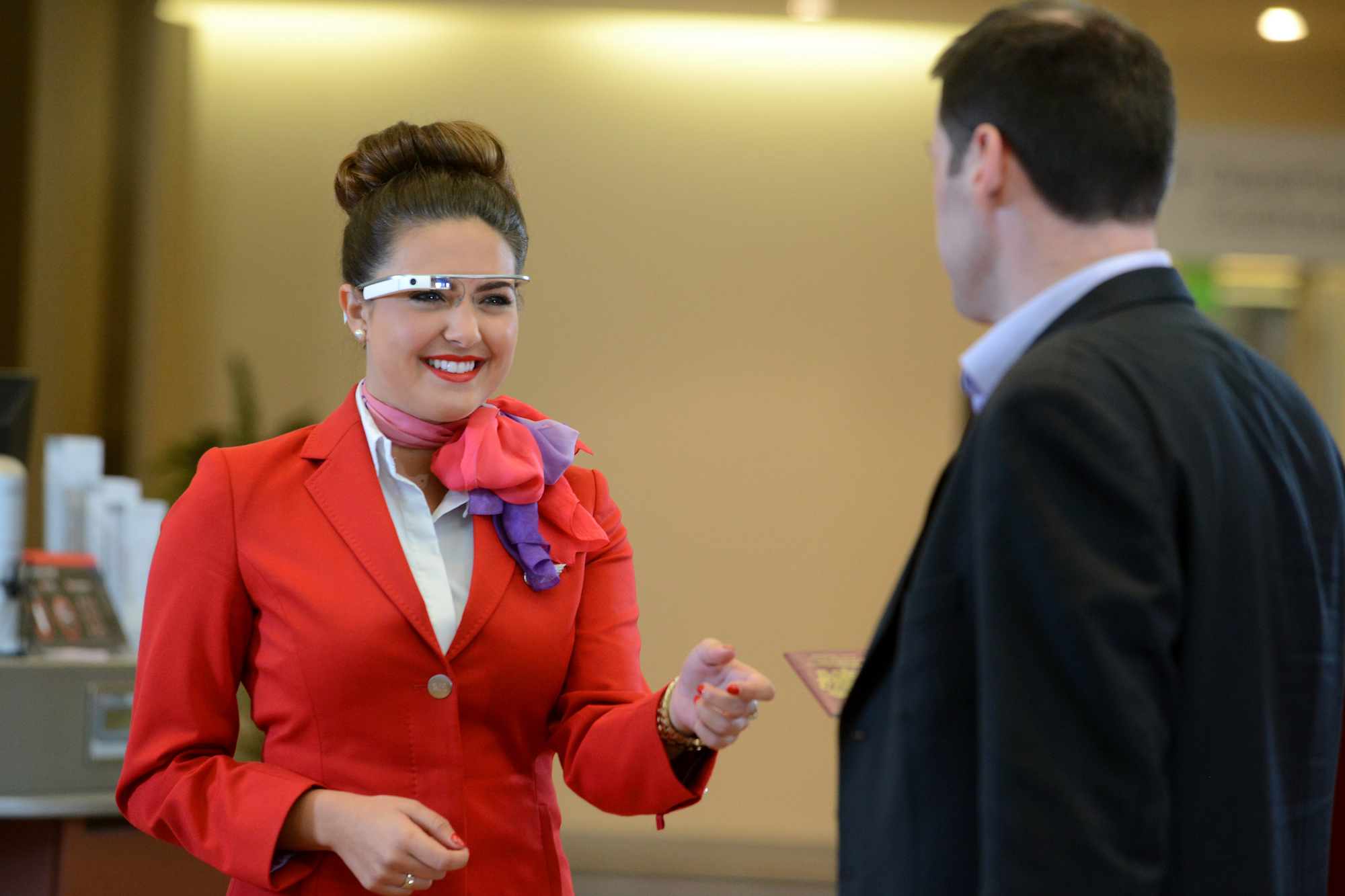
Virgin will consider a wide-scale deployment and will work on improving functionality if it deems the trial successful. Other potential applications include the ability to provide staff with details of passenger's dietary requirements.
3. Augmented Reality
Glass can superimpose information over real-world happenings, which will allow the tourism and leisure industry to enhance and support the customer experience.
City and museum tours can be brought to life by overlaying historicals buildings and artwork with key facts or audio descriptions. Users will also be able to take pictures and video and email the files to themselves so they can capture memories hands-free.
If Glass ends up being mainstream, as Google hopes, then a few years from now we will be living in an augmented reality world. Simple tasks like food and clothes shopping will be revamped. Apps could be developed allowing Glass to highlight the health benefits of foods and any promotions. Retail assistants will be able help customers with their queries on the shop-floor by providing information on products and checking stock levels.
Even the construction, retail and real estate agencies will benefit from augmented reality. When designing buildings, bridges and vehicles, the architects, builders and engineers will be able to pop on Glass and see what the finished article should look like, instead of relying on 2D blueprints or pictures.
Similarly, those selling or letting houses will be able to provide real-world tours without having to get clients to visits all properties. This could save the buyers/renters time as they would only need to visit houses in the real world they like the look of in the virtual world.
-
 Bigger salaries, more burnout: Is the CISO role in crisis?
Bigger salaries, more burnout: Is the CISO role in crisis?In-depth CISOs are more stressed than ever before – but why is this and what can be done?
By Kate O'Flaherty Published
-
 Cheap cyber crime kits can be bought on the dark web for less than $25
Cheap cyber crime kits can be bought on the dark web for less than $25News Research from NordVPN shows phishing kits are now widely available on the dark web and via messaging apps like Telegram, and are often selling for less than $25.
By Emma Woollacott Published
-
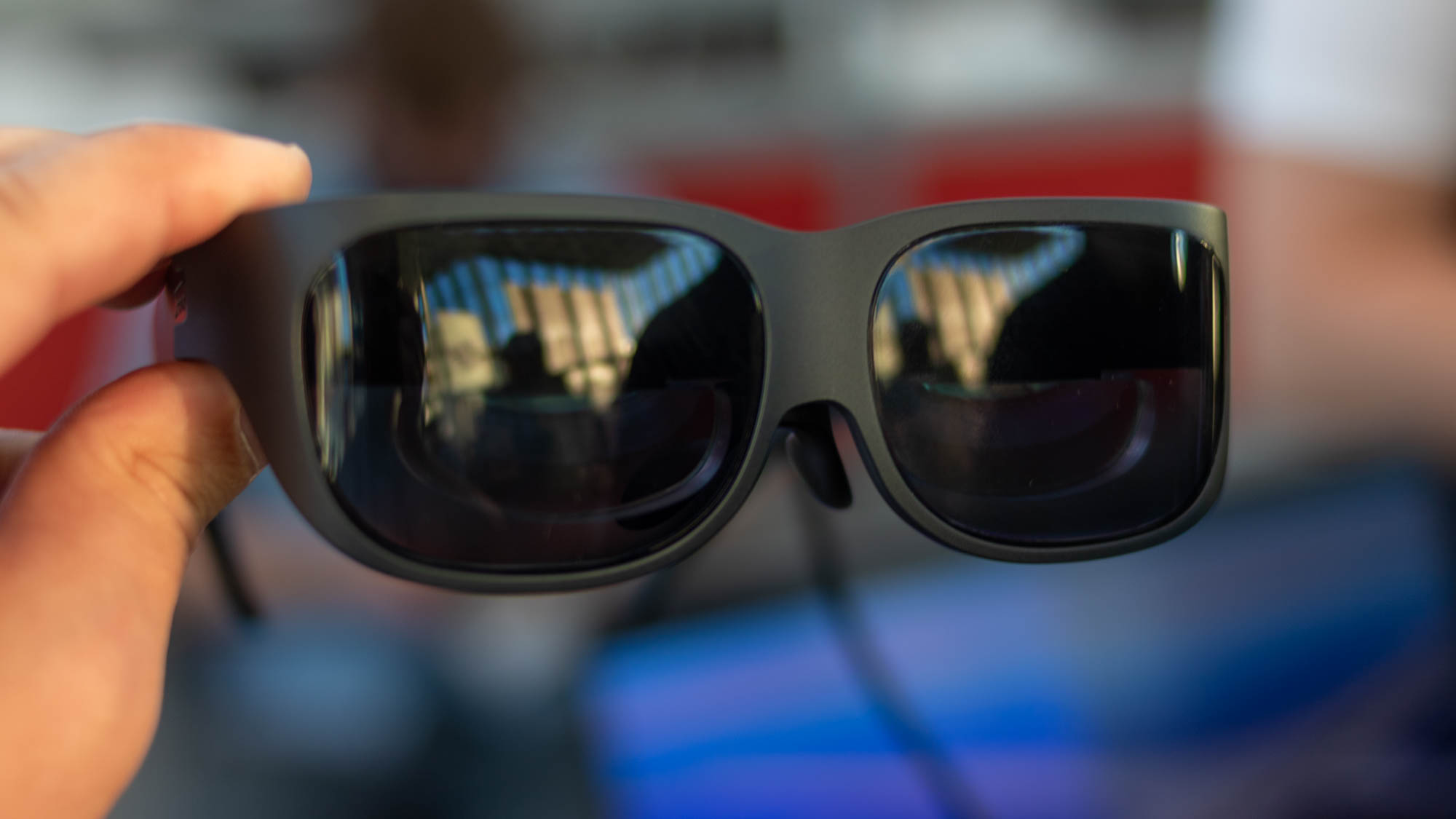 Has Lenovo found the ultimate business use case for smart glasses?
Has Lenovo found the ultimate business use case for smart glasses?Opinion Lenovo’s T1 smart glasses offer a virtual desktop that only you can see
By Bobby Hellard Published
-
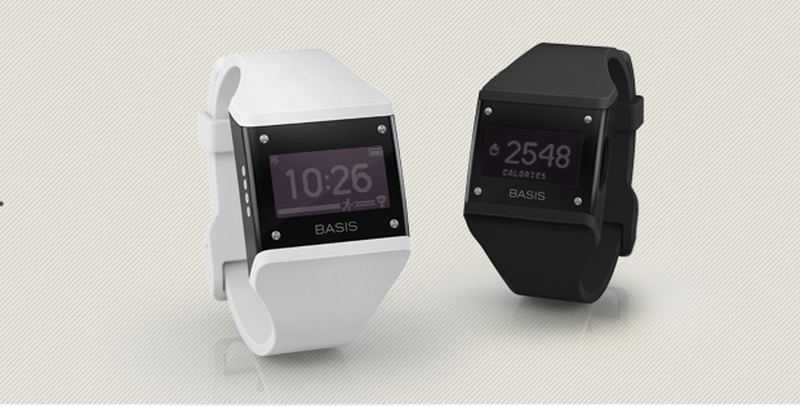 Intel recalls Basis Peak smartwatches
Intel recalls Basis Peak smartwatchesNews The smart device can overheat, causing injuries to the wearer
By Clare Hopping Published
-
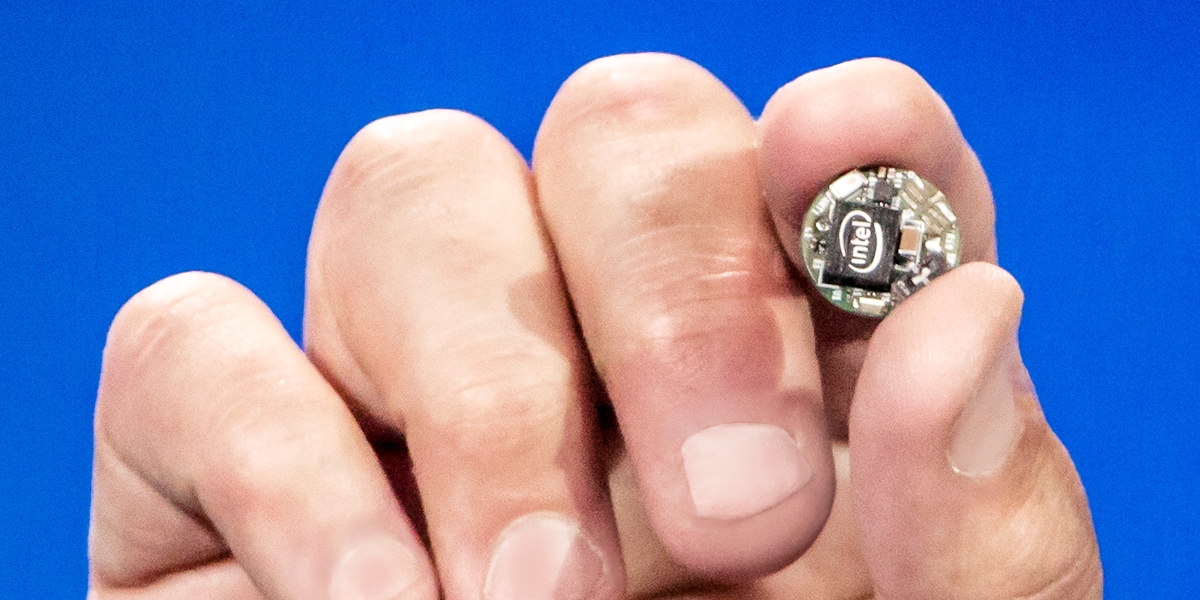 Intel to power smart rings & buttons via 'Curie' SOC
Intel to power smart rings & buttons via 'Curie' SOCNews Tiny chip has Quark microcontroller, Bluetooth and sensors built-in
By Khidr Suleman Published
-
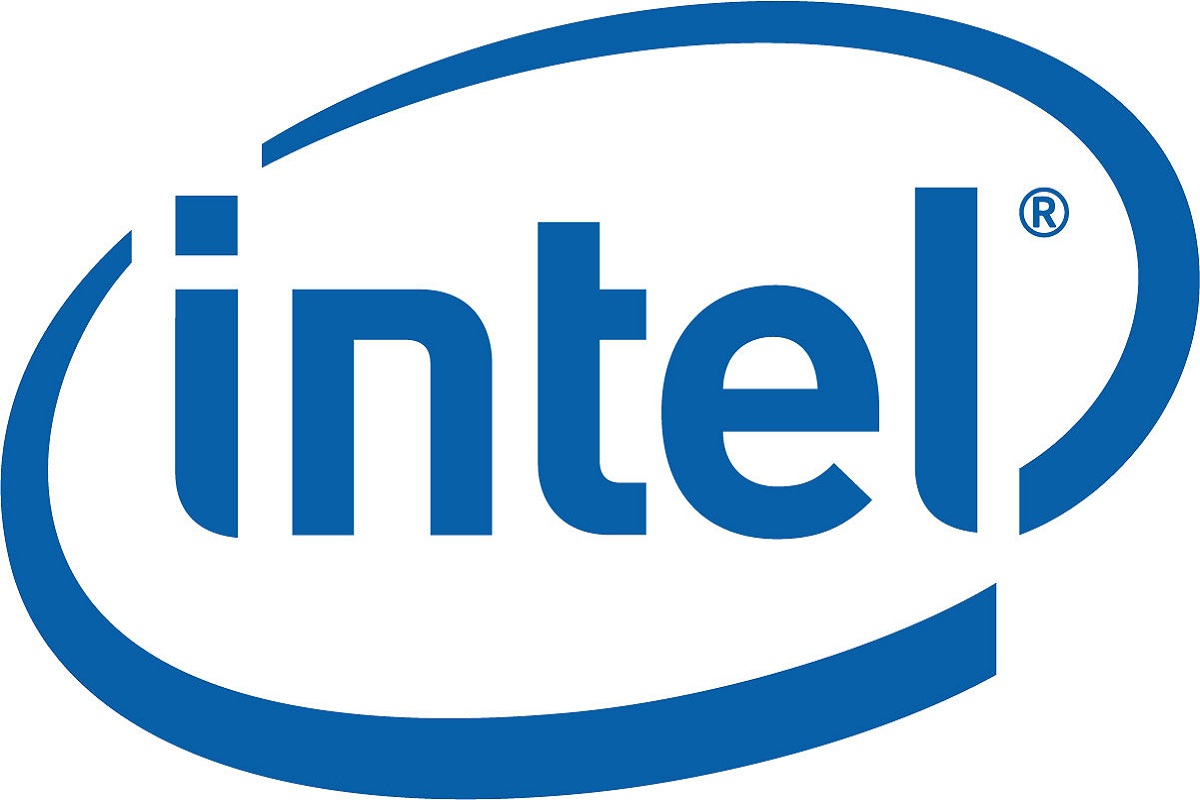 Intel picks wrist-worn drone as Make it Wearable contest winner
Intel picks wrist-worn drone as Make it Wearable contest winnerNews Intel has awarded a group of developers with first prize in its smart clothing contest for a wrist-worn drone
By Caroline Preece Published
-
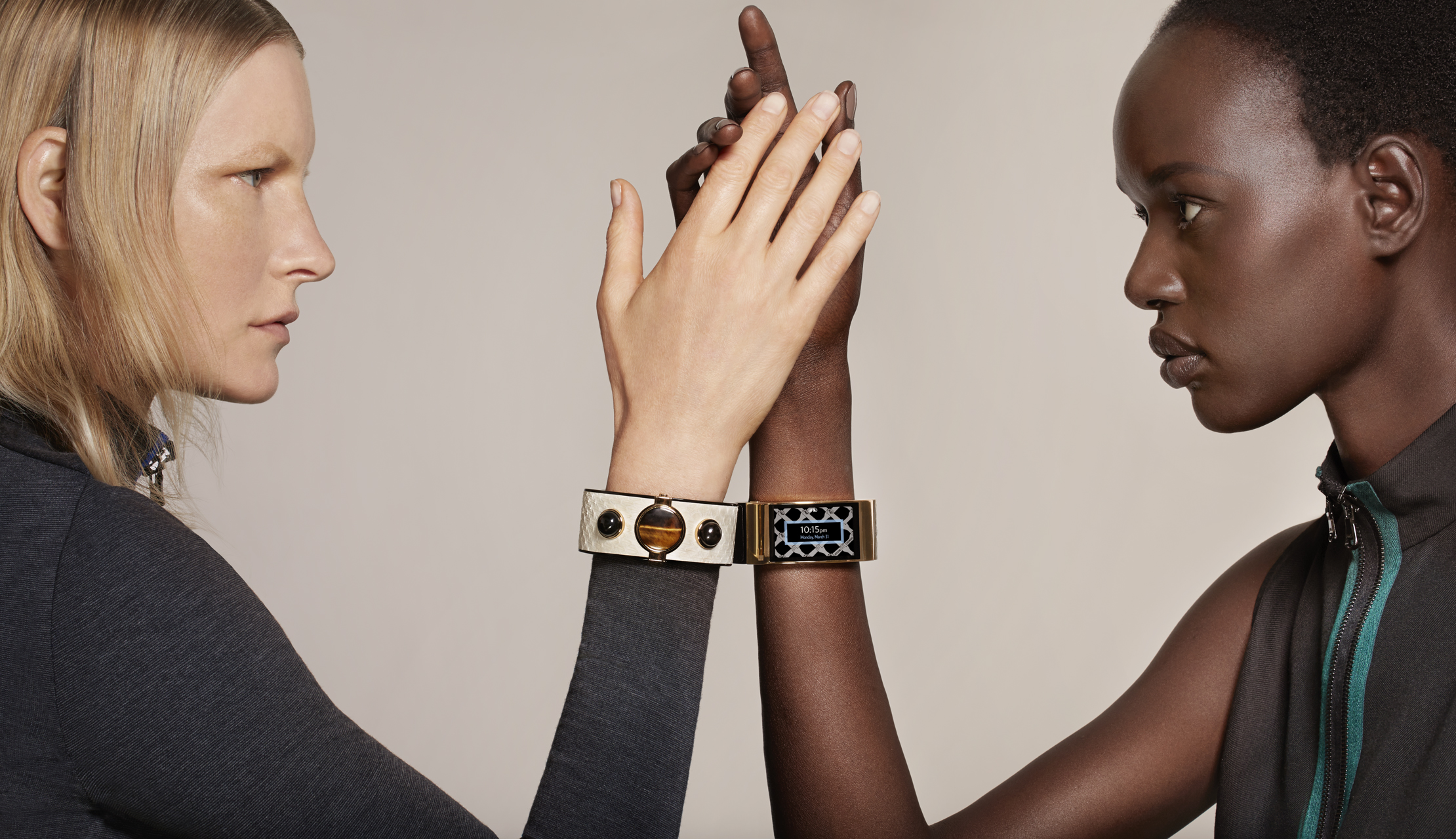 Intel unveils the MICA fashion-conscious smart bracelet
Intel unveils the MICA fashion-conscious smart braceletNews Intel has revealed MICA, a high-end smart bracelet designed as an alternative to bulky smartwatches
By Caroline Preece Published
-
 Intel builds tiny 3G modem for the wearable tech market
Intel builds tiny 3G modem for the wearable tech marketNews Intel claims to have created the world's smallest 3G modem, which is the size of a one pence piece
By Caroline Preece Published
-
 Samsung VR headset to take on Oculus Rift
Samsung VR headset to take on Oculus RiftNews Samsung's virtual reality headset will launch with gamers in mind
By Clare Hopping Published
-
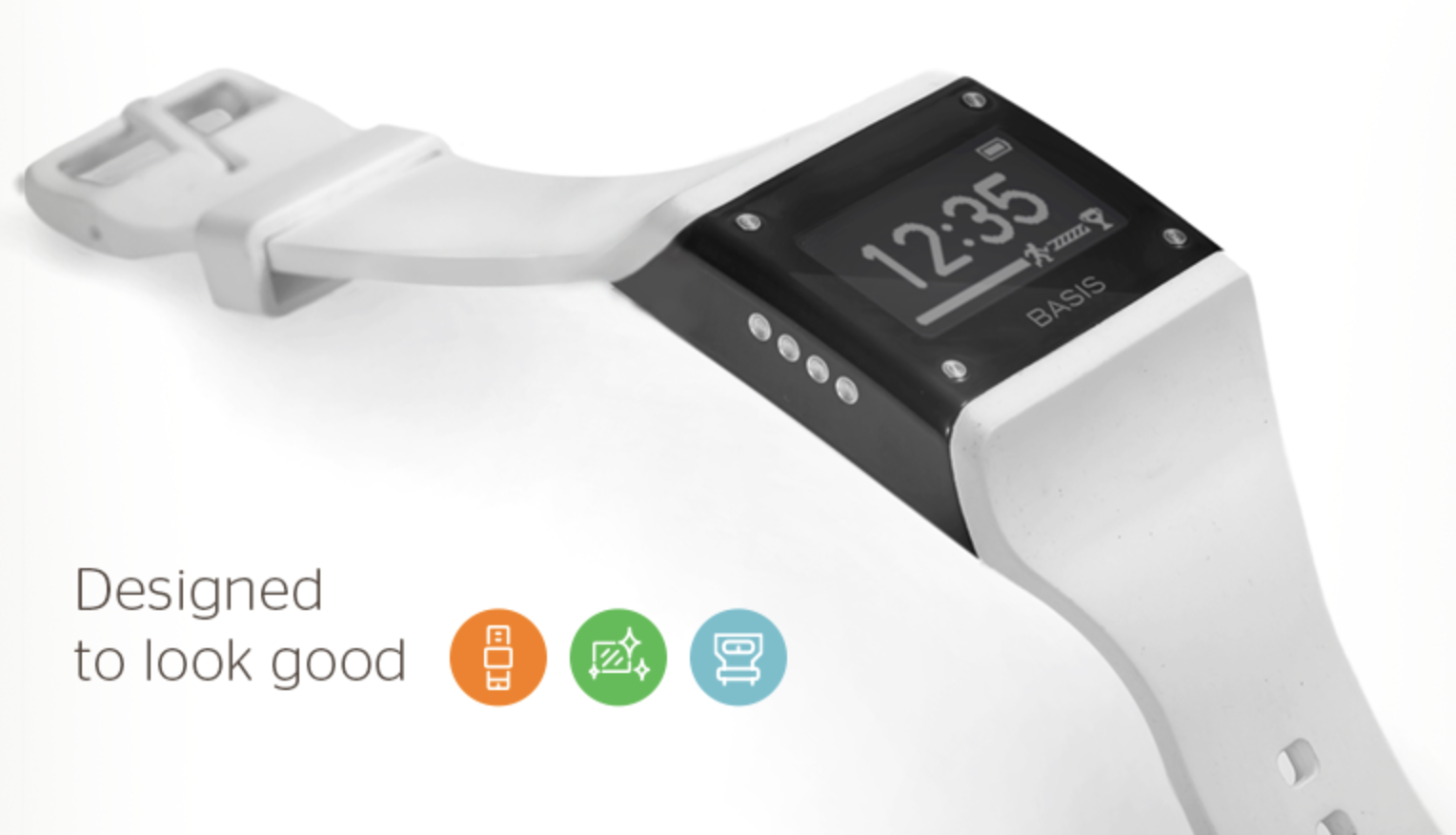 Intel reportedly acquires smartwatch maker Basis
Intel reportedly acquires smartwatch maker BasisNews Chipmaker said to have splashed out over $100 million for wearable tech firm.
By Khidr Suleman Published